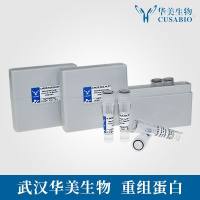Dendritic cells (DCs) are uniquely specialized antigen-presenting cells (APC) that play critical roles in both the stimulation and regulation of immune responses, including T-cell responses to transplanted organs. The inherent tolerogenicity of non-activated or “immature” DCs is well documented. Importantly, the infusion of DCs that are made resistant to activating inflammatory stimuli by “conditioning” through exposure to clinically approved immunosuppressants, such as corticosteroids, deoxyspergualin, and recently, rapamycin (RAPA), has produced encouraging outcomes in experimental models. Indeed, the infusion of RAPA-conditioned, host-derived DCs, pulsed with alloantigen, prolongs allograft survival. In particular, when the RAPA-conditioned DCs are delivered repeatedly or in combination with a short course of immunosuppression indefinite allograft survival is observed, typically associated with increased Foxp3+ T-regulatory cells (Treg). Herein, we detail the procedures to generate and characterize RAPA-conditioned murine DCs (RAPA-DCs) ex vivo and in vivo. RAPA-DCs represent a pharmacologically conditioned DC population that promotes allograft survival and enriches for antigen-specific T-regulatory cells (Treg). DCs conditioned with immunosuppressive agents, like RAPA, represent novel and clinically applicable vectors or “negative” cellular vaccines, which can be loaded with donor antigen, and potentially used to promote/maintain organ transplant tolerance.






